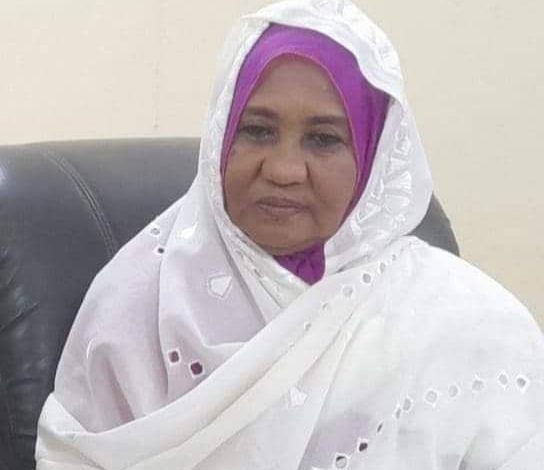Economic
Minister of Animal Resources in Nile River State: A Talk of Facts and Figures

Shendi – Rehab Abdullah
Dr. Najda Al-Zubair Arbab, Minister of Animal Resources and Pastures in Nile River State, stressed her ministry’s commitment to animal health and food safety. She highlighted ongoing inspection campaigns to monitor the quality and compliance of imported animal products and food items, revealing that non-compliant items—especially those marketed via Facebook—were destroyed.
Vaccination of 235,000 Livestock
In a press conference held at the General Directorate of Culture and Information in Shendi on Tuesday, she underscored the role of the livestock sector in supporting human health and safety. The ministry oversees routine operations such as slaughterhouse inspections and meat quality assurance. Over the past period, 235,000 livestock were vaccinated against three epidemic diseases: sheep and goat pox, small ruminant plague, and hemorrhagic septicemia. The vaccinations were necessary due to the presence of animals displaced by the conflict, and the state’s livestock count rose from 3.7 million to 5.4 million heads with the arrival of 1.7 million additional animals, primarily in Shendi.
Epidemic Control
Dr. Arbab emphasized the importance of protecting public health and controlling zoonotic diseases such as Rift Valley fever, dengue, tuberculosis, and brucellosis, as they pose a higher transmission risk from animals to humans. The ministry is also preparing for seasonal diseases.
Distribution of 2,500 Goats
Regarding food security improvement, Dr. Arbab noted the distribution of 2,500 goats to 500 families across three localities, including Shendi, where 180 families received 900 goats along with fodder. This project was funded by a Swiss Agency grant via the Food and Agriculture Organization (FAO), in cooperation with the local organization Peace United, selecting Shendi, Al-Damer, and Al-Buhaira as the most affected localities from among seven.
Post-Conflict Strategy
She emphasized the need for robust post-conflict strategies, noting the Ministry of Animal Resources’ commitment to enforcing the “health zone” initiative, which focuses on animal health to facilitate international trade. Foreign markets like Turkey and Italy value the quality of Sudanese meat, but they perceive the country’s veterinary procedures as inadequate. The health zone aims to standardize health protocols, ensuring all necessary vaccinations and tests. The ministry has secured the land for the project, signed agreements with implementing companies, and obtained the necessary permits, prioritizing cross-border disease control, protecting the national herd, and increasing foreign currency revenue.
Prevention of Female Livestock Smuggling
Dr. Arbab also announced the commencement of the final phase of the 2025 plan to reactivate the veterinary quarantine center in the state, which had been inactive due to various challenges. Previously, the state had centers in Al-Qadoab, Al-Obeidiyah, and partially in Al-Bashair, and now collaborates with federal authorities to fully reactivate the quarantine center. This initiative aims to protect Sudanese livestock breeds and prevent the smuggling of female livestock, which could deplete local genetic resources.



